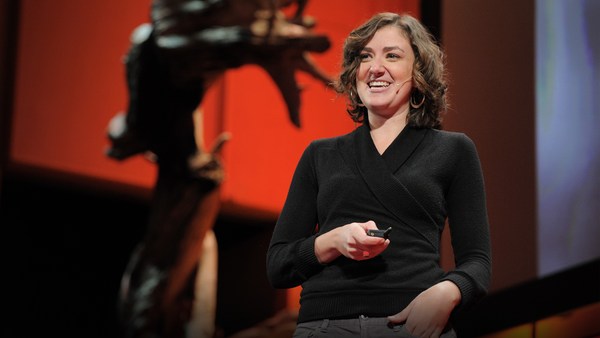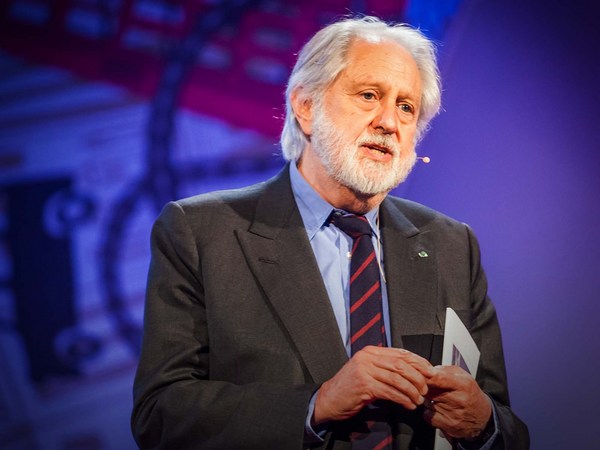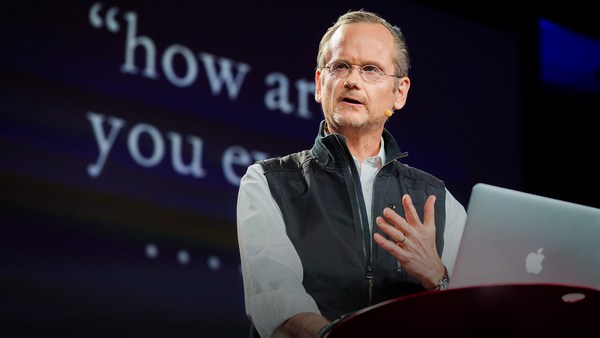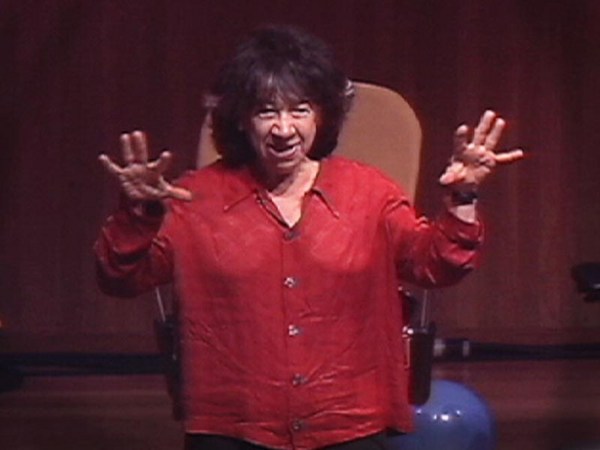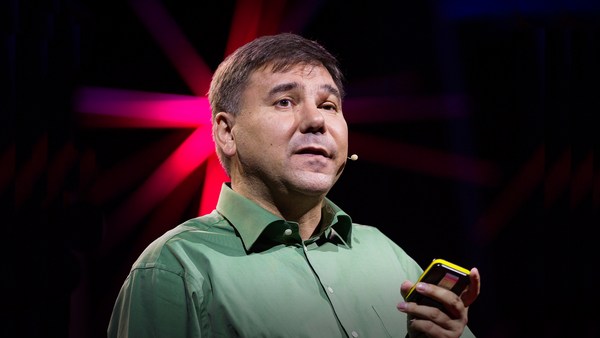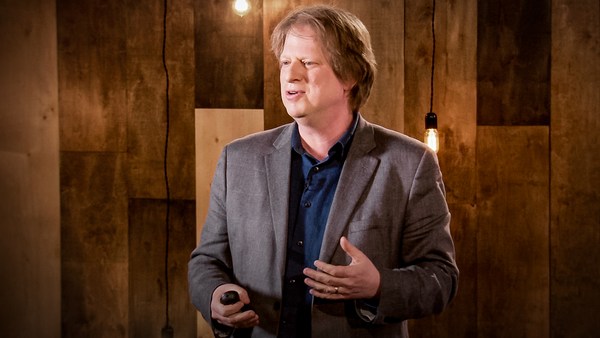A few years ago, a group of friends of mine were going to go march for legal abortion. I asked my mom if I could go with them and she told me no, no way, I was too young to be there on my own, and she was scared of what could happen. So I told her "Okay, If you don't want me to go with them, you can come with me." And my mom, who hadn't gone to a march since Alfonsin's government, went to Congress with me. I still remember her face when she got there. She looked around, and said with a smile and much surprise, "Wow, it's full of kids here." Actually, it was mostly girls. But well, you still get it, right? This thing that surprised and unsettled my mom so much is something that I now find very natural: Talking about politics, saying what I think, marching for what I believe in. I do these things a lot. I think that it has to do with the fact that I grew up with a strict diet of books and films about teenagers who changed the world. "Harry Potter", "The Hunger Games", "Divergent", "The Chronicles of Narnia". These are the stories of my generation. They all talk about villains who oppress people, who discriminate, who claim to be superior. And they all talk about teenagers; kids like me who rise up and fight to build a more open and free world. It doesn't surprise me at all then, that so many young people today have this approach to politics. Sometimes, it even seems like we have no other choice left. Because we were raised to think that if we're living in a dystopia -- a dark futuristic society like the ones in those books -- it is our duty to fight to change that. And then, we were tossed headfirst into a terrifying dystopia like climate change, in which us teenagers will have to pay the ultimate price. Sometimes, I look around and I feel as if I was living in one of those books. But wherever we have these dystopias, we must also have these rebellious protagonists. Anywhere there is a Voldemort, there also has to be a Harry. And of course, a Hermione too. (Applause) To me, politics aren't some abstract thing that exists beyond our reality. On the contrary, I think they're there in every aspect of our daily lives: In the art that we consume, in the stories we tell, in the versions we choose to believe, in our sense of right and wrong. And even relationships, in my view, have a political dimension. Sometimes my family and my friends criticize me for calling people out when they make bigoted comments or for bringing up "political" subjects. And while many people would rather steer clear of these topics to avoid arguments and awkward situations, I believe that certain things are worth arguing about. And that getting in a fight with someone because of their political ideas is not the same as fighting because we root for different soccer teams which, at the end of the day, even if it doesn't seem like is a completely artificial and meaningless difference. Our political views say a lot about who we are as people. So, if one of my family members makes a sexist comment, I will argue with them. If a friend of mine is against marriage equality or legal abortion, I won't avoid the subject for the sake of peace. I'll talk to them, listen to their opinion and tell them mine without any shame. And whenever I develop a close relationship with someone, these things matter to me. Because it matters to me what this person thinks about other people and how they deserve to be treated. Because that opinion is saying something about how they might see me. When many prefer to stay silent, I would rather talk. Even if it's awkward, it paralyzes us, or even if we're scared. Because talking is the only way we can build our future and safeguard our present. I hope we can begin to see marches, and political spaces in general, not as something dangerous and scary, but as a space for social and personal growth, to come together and feel inspired. And I hope we can always, always, make some space there for youth. And I hope we can look around proudly, and say without one bit of surprise: "It's full of kids here." Thank you. (Applause)
